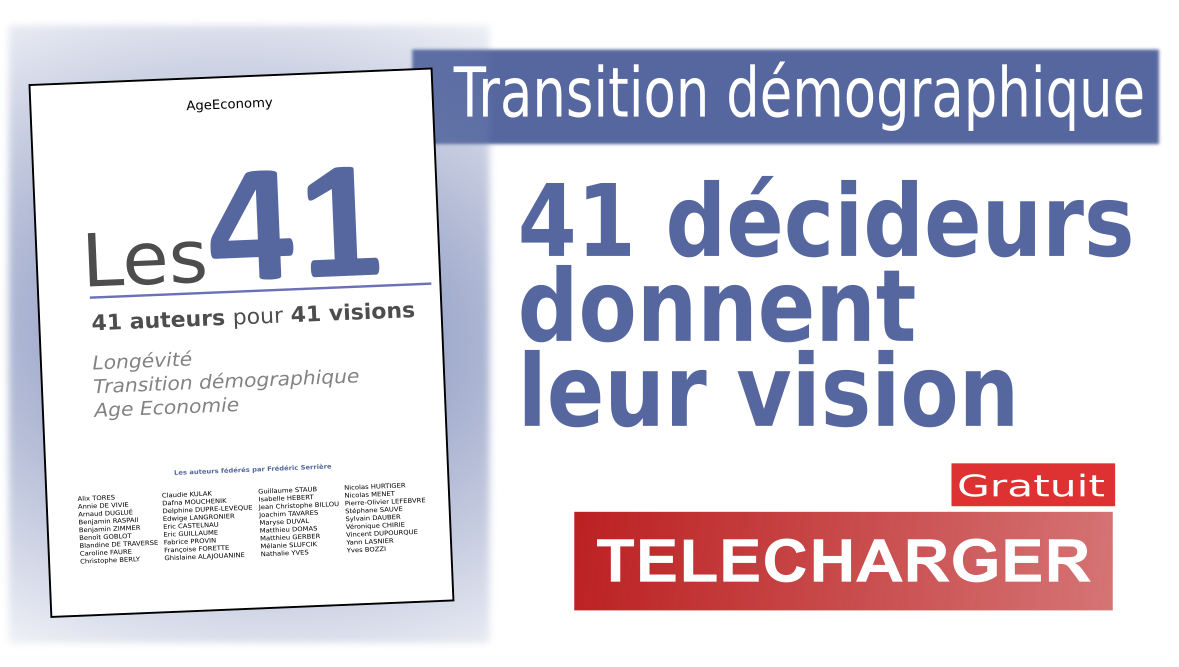North American supermarketers are watching with interest a European experiment in catering to the needs of older citizens.
In 2003, the Adeg supermarket chain launched Adeg Aktiv Markt 50+ in Salzburg, Austria, designed specifically to appeal and cater to older customers. Its sales ran 5 percent above the chain average, prompting Adeg to open another 50+ store in Salzburg and two in Vienna this year. Adeg, owned by German retailer Edeka, operates more than 900 stores across Austria. Aktiv Markt is the Adeg chain’s smaller, urban format.
Supermarkets in the central cities of Europe are often cramped, dingy little spaces with narrow aisles and goods piled to the ceiling. Because many urban dwellers still prefer to shop the old-fashioned way—daily, with a trip to the greengrocer for produce, butcher for meat and Bäckerei (bakery) for bread and dessert—supermarkets’ selections of fresh items can be dismal.
A May visit to one of Adeg Aktiv Markt 50+’s two Vienna locations revealed a store that would feel familiar to American shoppers, but with a design modified specifically to meet the needs of seniors. Such modifications include reduced-glare lighting and slip-proof flooring; wider aisles and easier-to-navigate parking spaces; reduced-height shelving and pleasant places to sit; signage and shelf markers in larger type.
Each 50+ store offers several cart and basket options, including one that attaches to a wheelchair and another that has a fold-down seat for shoppers who need to rest. The produce display is engineered so that even a person in a motorized cart or wheelchair can select his or her own items. Shoppers can borrow reading glasses to check the small print on labels or use magnifying glasses that are attached to shelves in some areas. Smaller packages of things like cheese are intended to serve households of one or two.
Adeg began work on the 50+ concept more than two years ago, driven by research on diminishing birthrates in Europe that showed that a quarter of all Austrians and a third of Germans will be 60 or older by 2015. Research also found that seniors didn’t want to be treated like disabled people, but that a comfortable store with quality merchandise meant longer shopping trips and bigger basket sizes.
The first Aktiv Markt 50+ in Salzburg, the small city in central Austria where Mozart grew up, surprised its designers by appealing not just to seniors. In the first months the store was open, half its customers turned out to be under 50—which was fine, according to store manager Anneliese Schilchegger. Aktiv Markt 50+ was never meant to exclude any category of shoppers, but rather was to be a place where seniors felt particularly at home.
Mothers with small children liked the wide and bright aisles, easier parking and friendly employees. Adeg hires only 50-plus workers for its 50+ markets and pays them a 10 percent premium, which is more than compensated for by lower turnover, less absenteeism and a better work ethic, Project Manager Kurt Erlacher told the International Herald Tribune.
“Without workers over the age of 50, this concept would only be worth 50 percent of what it is,” he said.




